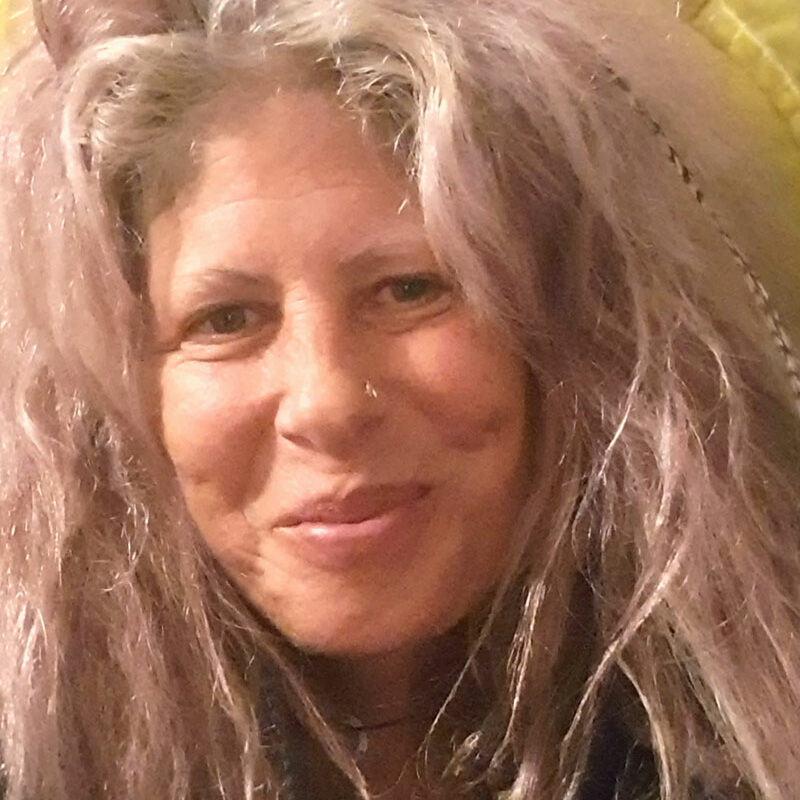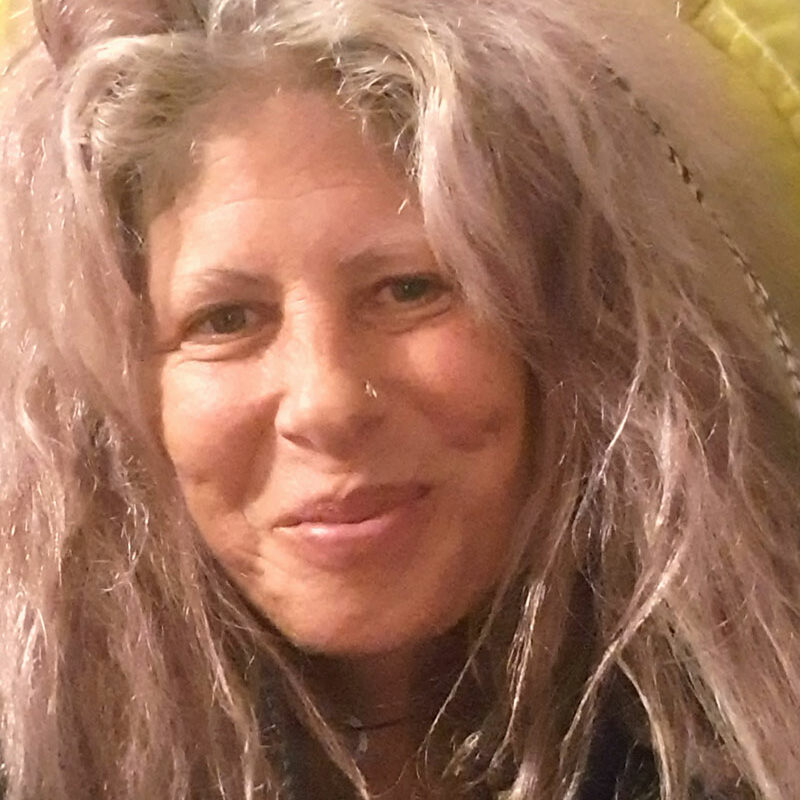A deep, creative and transformative process, which supports you through your holistic awakening journey and individual personal health revolution
Alternative Support For Our Health
Alternative Support For Our Health
‘Alternative Support For Our Health’ by Rowena J Ronson and Nigel Summerley
Why do most people tend to accept the ‘authority’ of conventional, allopathic medicine and to remain suspicious of so-called ‘alternative’ therapies?
NS: We have both studied and practised homeopathy. But, in our own different ways, we have also both investigated and been impressed by many other “alternative” approaches to healing. Our intelligence tells us that many of these non-allopathic approaches have much to offer the chronically unwell; but why is it that the great majority of people appear to be unquestioningly committed to using conventional medicine?
RJR: Money, conditioning, convenience, fitting in and lack of awareness, for starters. People are brought up to believe that their GP has the answer, and the older generations back that up, as that was their norm. In the UK our NHS is seemingly free, and people are not looking to spend money on their health when they deem it unnecessary. It is far easier to go to their doctor than investigate the alternatives, especially with the influential propaganda disseminated about those alternatives that they digest from their corporation-run newspapers along with their breakfast.
NS: Yes, I think you have covered much of the answer there. This is all true. But are we saying that people are so set in their ways and so un-enquiring that they will accept anything as long as it is prescribed for them by a doctor or consultant?
RJR: I would say it takes a crisis for people to create change in their lives. And it takes an openness of mind to allow a new idea to enter our consciousness, even if it is placed right in front of our noses. People are always sharing their positive, miraculous experiences after visiting an alternative health practitioner, and some listen and are inspired and others continue to follow the path frequently travelled, as opposed to opting for change.
NS: I agree with you on the role that crisis can play in bringing about a change in attitude. But people are continually having both positive and negative experiences of allopathy; and to be fair, people are also having positive and negative experiences with alternative therapies. Positive experiences with one or the other may bring about change or reinforce existing views (and negative ones may do the same). But is there something deep down in “Western” society that predisposes most people to be suspicious of alternative approaches to health?
RJR: I agree people are having positive and negative experiences of allopathic medicine all the time and although it is frustrating, they accept that that is par for the course. When they pay to go and see an “alternative” health practitioner, they often are not clear what expectations to have and their negative experience might well be created in their minds off the back of that.
NS: Yes, I see all this. And maybe we can also go into these aspects of allopathic and alternative medicine further. But what I’m trying to get at is where does this fundamental resistance to (and suspicion of) “alternative” medicine come from? How deeply is it embedded in our collective culture? And how did it become established?
RJR: I think you know the answers to those questions. It comes from the media, influenced by the pharmaceutical industry. That coupled with the fact that people resist change and difference. From all your years working in the media, what is your opinion on this?
NS: Yes, I think you’re right. In modern times, it comes from the medical establishment, from Big Pharma propaganda, and from an often unquestioning and uninformed media. But can we go back in time and figure out when there was a change in people’s attitudes? And can we also look at whether there is something deep in the psyche that tends to make us trust the medical establishment rather than alternative therapies?
RJR: I am not sure I have the answers. I am not sure there was a change. I know that there was a resurgence of a more natural “alternative” way of viewing one’s health and lifestyle back in the 1960s. And this awareness grew substantially over the next two or three decades. But you know as well as I do, the more light that is created, the harder the dark side fights back. So at the same time as the enlightenment, Big Pharma, along with large corporations et al, came into their power. As I said before, the very use of the term “alternative” conditions us to trust tradition and the norm…
NS: There was a time when “alternative” was the norm, ie herbalism, traditional medicine, natural healing etc. Did the change come about (as with many other things) when medicine was seen as something from which to make large profits, rather than just a living? The light and dark imagery makes this sound like part of an eternal struggle. Is that the way you see it?
RJR: Alternative was the norm hundreds of years ago, as you know. I am not sure “orthodox” medicine initially did create a lot of money. Doctors were not known to be big earners a couple of hundred years ago. I don’t personally feel it is an eternal struggle. That is not my experience as a clinician. But perhaps that eternal struggle is just part of the human condition. What do you think?
NS: I think doctors have been a respected profession for many centuries, although you may be right about them not becoming high earners until more recently. Let’s go into this more — and then come back to the question of light and dark and the human condition. Did doctors accrue more respect at the expense of traditional practitioners losing respect? If so, maybe we are back to another question of balance.
RJR: By the nature of one kind of medicine being “scientific” and the other “alternative”, we are brought up to believe that there is proof that one works and the other doesn’t. It is all in the language and how it conditions us. It is always a question of balance and one idea winning popularity over another. Isn’t that how our political system is set up?
NS: This is interesting. We keep getting back to questions of balance: dark and light, orthodox and alternative, right wing and left wing. So let’s look at this balance question in relation to human awareness, choices and actions. Is there something about us that means we have to be on one side or the other? And if so, what — deep down, not superficially — draws us to one side or the other?
RJR: I guess our conditioning from childhood. I wasn’t taught how to question and was not naturally curious as a child, but I was rebellious and misunderstood — my family’s black sheep. And as I got older, I felt I needed to find myself, and because I didn’t feel I had many answers at all — about health, life and the universe — I became much more curious, and I tended to find my answers in a more unconventional framework. What about you?
NS: So that curiosity was born not out of a crisis, as such, but out of a sort of dissatisfaction or discontent? Or perhaps that curiosity is there in all of us from the beginning, but it can be suppressed? I can relate to the feeling of being rebellious and misunderstood — and, I suppose, curious in the same way. I think I just wanted to find out as much about everything as possible from quite a young age. It seemed that it was up to me. But you and I became interested in the light and the “alternative”. What happened with those people who not only accept conventional medicine and all that goes with it, but also condemn alternative therapies as nonsense?
RJR: If babies were not curious they would never learn… I am sure curiosity gets suppressed in the majority of us. I guess for some people their experience of conventional medicine is an overall positive one and that they are unaware of there even being a need to view it any other way. Perhaps they have not become aware of suppression of illness or made the link between one illness and another. And this would be because of the mechanistic nature of allopathic medicine. They are conditioned to think symptoms are not connected and as a result they do not see themselves as one being, with one holistic health issue. They have limited expectations of cure and a lack of awareness of anything other than long-term drug use for their issues. They are unaware they are buying into a band-aid approach to their health.
NS: Childhood questioning does often get suppressed. And unless one questions, then one is unlikely to find the shortcomings of allopathy or, indeed, of some alternative therapies. One is certainly not led towards an holistic view of health (unless one’s parents and teachers are that way inclined). And so strongly is the “band-aid approach” (deal with the symptoms, not the cause; cure rather than prevention) imprinted on most of us, via parents, schools, advertising and the media, that it sticks firm, unless questioned, through curiosity or as the result of a crisis. But I’m still interested to know whether there is something in us that tends to accept conventional medicine, rather than question it. Is this again to do with conditioning? Bankers, politicians, journalists, police officers… people have begun to see through these people and lose respect for them. Are they likely to do the same with doctors?
RJR: Interesting questions. I agree that people are beginning to question their faith in bankers, politicians, journalists and police officers… but it is a very scary process for people to question their healthcare providers. What issues that brings up! And not just for the patient… doctors do not take kindly to be questioned either. Have you had experience of that?
NS: Yes, I have had experience of that more times than I can count… personally, with family members and friends, and with many, many patients. There are so many horror stories of doctors and consultants reacting badly — and often dictatorially — to patients who question or (heaven forbid) refuse the prescribed treatment. I think it’s rare for alternative health practitioners to be defensive and dictatorial (although it does happen) but it seems common for allopaths to have a problem with challenges. One could argue that this illustrates their insecurity and that they so often rely on their authority being accepted without question. Many people do still see doctors as authority figures whom one does not question… some people even feel guilty about bothering their doctor with something minor because they don’t like to take up their precious time! So, we seem to be coming to the fact that we are all conditioned from the earliest age to accept the authority of doctors and allopathy (and thus to be suspicious of anyone who seems to be going up against them). It is only those who retain their curiosity (or rediscover it through bad experiences or through a crisis) who see through that “authority” and see that their can be other ways of healing, yes?
RJR: I agree doctors and specialists use their authority. My local doctor became very animated when I dared question her recently, and I was doing my best to be diplomatic. At the mere whiff of a query she became defensive and said that if I did not want her opinion, why had I come? Patients are told if they do not vaccinate their children they are being irresponsible and putting their children at risk. I have a patient at the moment who is under so much pressure to have radiotherapy post-operatively, she doesn’t know which way to turn. I agree, authority is a huge factor in the paternalistic model.
NS: I guess all this is also a reflection of the fact that many people want someone to have authority over them, want someone to make their decisions for them (in effect, be God) and this fuels the paternalistic, authoritative approach of many allopaths. After one has been conditioned, it is a major step to see that no one has any authority over anyone else. And again, perhaps this change may only come about through personal crisis.
RJR: And going to visit an alternative health practitioner is all about taking responsibility for one’s health and making connections between cause and effect. I am sure you have encouraged patients in the same way as I do, to understand their health on all levels and have insights into why they feel the way they do and what they can do about it. And yes, often it takes a crisis for people to get to that point. I have a patient who is actually waiting for a crisis to occur in order for him to make changes in his lifestyle, such is his addiction to alcohol.
NS: Addiction to alcohol sounds like a crisis in itself — or that the crisis has arrived. But obviously I don’t know the details of the individual case. Are there times when we DO need to be told what to do? Or does it always have to come from within us, if we are to be healed?
RJR: When it comes to addiction, there is no use telling someone what to do. They are only willing to create change when they are ready. And often it is too late. Denial goes hand in hand with addiction. It is only when the denial ceases that the healing begins.
NS: It’s almost as if what you say about addiction might also apply to the use of allopathic medicines. I was in a queue in a store yesterday when a woman started having a coughing fit and couldn’t stop. Everyone sympathised with her. And the woman next to her said: “I know what that’s like. It’s terrible, isn’t it? I had that a few weeks ago and I went and got antibiotics and steroids and that sorted it out. That’s what you need.” I’m not making this up — that’s what she said. This woman was trying to be helpful and, to her, “antibiotics” and “steroids” had only good connotations. There is a general “addiction” to allopathic “band-aid” medicine — just spend some time in a pharmacy and see how much of this stuff is being doled out on prescription or just bought over the counter. And as with any addiction, the “pushers” have done a good job, haven’t they?
RJR: I wonder how we can turn around our view of the band-aid approach and allopaths being drug-pushers into something more positive?
NS: First, we should recognise that not all allopaths are blinkered. Some do see the value of an holistic approach and do recognise the limitations of “band-aid” medicine. And we should acknowledge that “alternative” practitioners are not without their faults. As you have said, change can only come about from within the individual. And if that change is to happen, the individual may need to have a crisis PLUS a good experience with alternative approaches to healing. So that leaves it down to all holistic practitioners to provide the best service they can, behaving with care and compassion, answering questions fully, never cajoling or dictating to their patients, and always being aware of their own limitations and the limitations of their particular therapy.
RJR: I completely agree. And I would add that it is always my hope, as an holistic practitioner, for my patients to take responsibility for their health, their lives and their choices and feel as empowered as they can be to create change in their lives and prevent dis’ease’ and its consequences.

Rowena J Ronson
Rowena J Ronson Shape-Shifter Intuitive Natural Medicine Healer Homeopath Counsellor Functional Medicine Individuals, Relationships & Families For You

